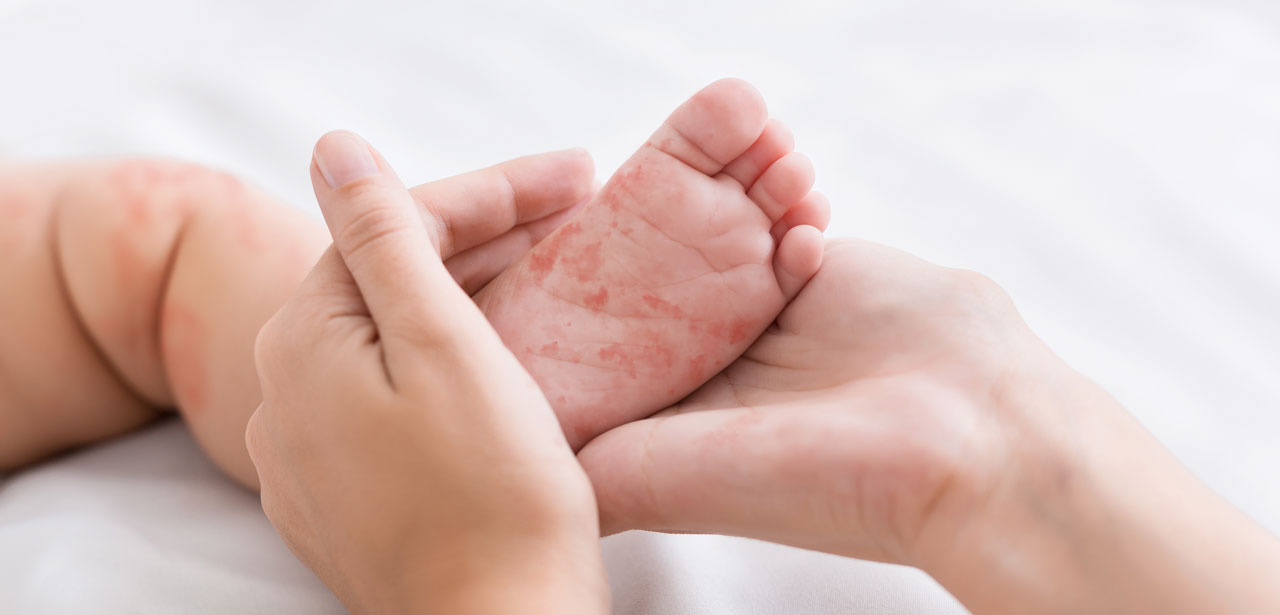OBJECTIVE: Knowing about the clinical aspects of dengue in endemic zones is essential to implementation of appropriate case management protocols and public health interventions. PATIENTS AND METHODS: The authors made a 4-year prospective, observational study of dengue-infected patients admitted to the emergency department of the Fort-de-France University Hospital. RESULTS: Two hundred and sixty-three male and 297 female patients were included. The median age was 37 years (range: 14-91). The diagnosis was based on a positive RT-PCR (463 patients) or on the presence of specific IgM (97 patients). Two hundred and seventy-seven patients (49.5%) presented with dengue fever without complications. According to WHO criteria, 95 patients (17%) developed plasma leakage, including 39 patients (7%) diagnosed with DHF, and 10 (1.8%) diagnosed with DSS. Among the other patients without plasma leakage, 84 (15%) had isolated thrombocytopenia, 14 (2.5%) had internal bleeding, and 90 (16%) had unusual manifestations. Seven patients died (1.3%): fulminant hepatitis (two), myocarditis (one), encephalitis (one), acute respiratory failure (one), gangrenous cholecystitis (one), and post-traumatic intracranial hemorrhage (one). The other patients recovered. Seven patients were pregnant (1.3%) from 6 to 27 weeks of amenorrhea and carried their pregnancy to term without complications. CONCLUSION: With this experience, we were able to develop appropriate case management protocols for patients during dengue epidemics.
Auteur : Thomas L, Brouste Y, Najioullah F, Hochedez P, Hatchuel Y, Moravie V, Kaidomar S, King JP, Besnier F, Abel S, Carmes S, Schmitt S, Brihier P, Meunier C, Cardoso T, Rosine J, Quenel P, Cesaire R, Cabie A
Médecine et maladies infectieuses, 2010, vol. 40, n°. 8, p. 480-9


